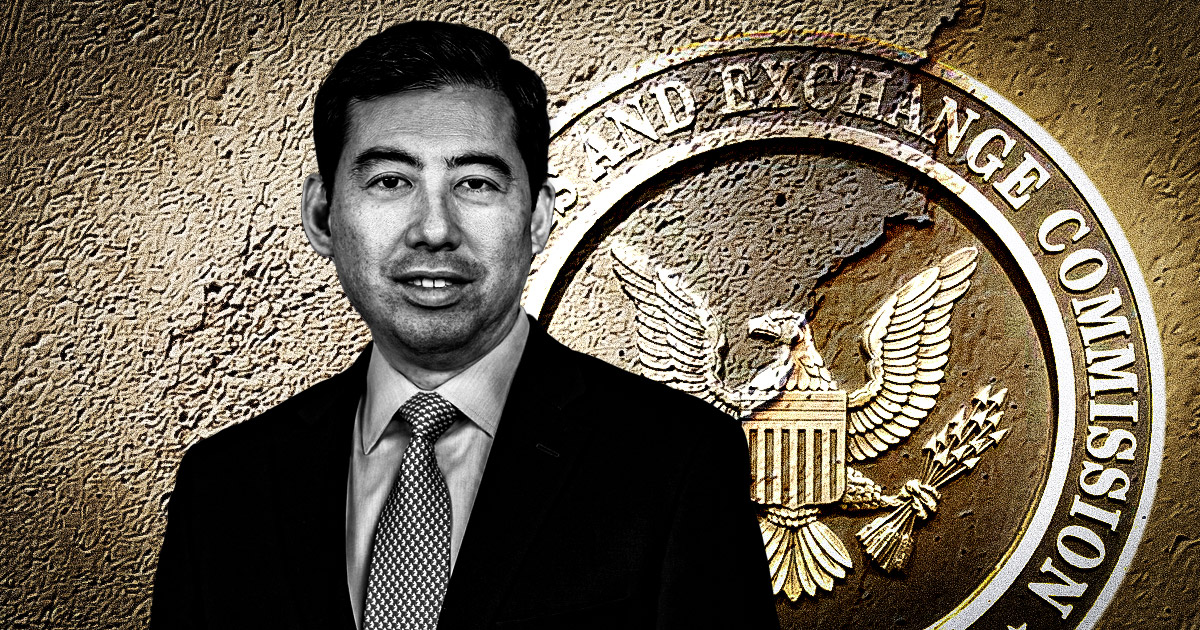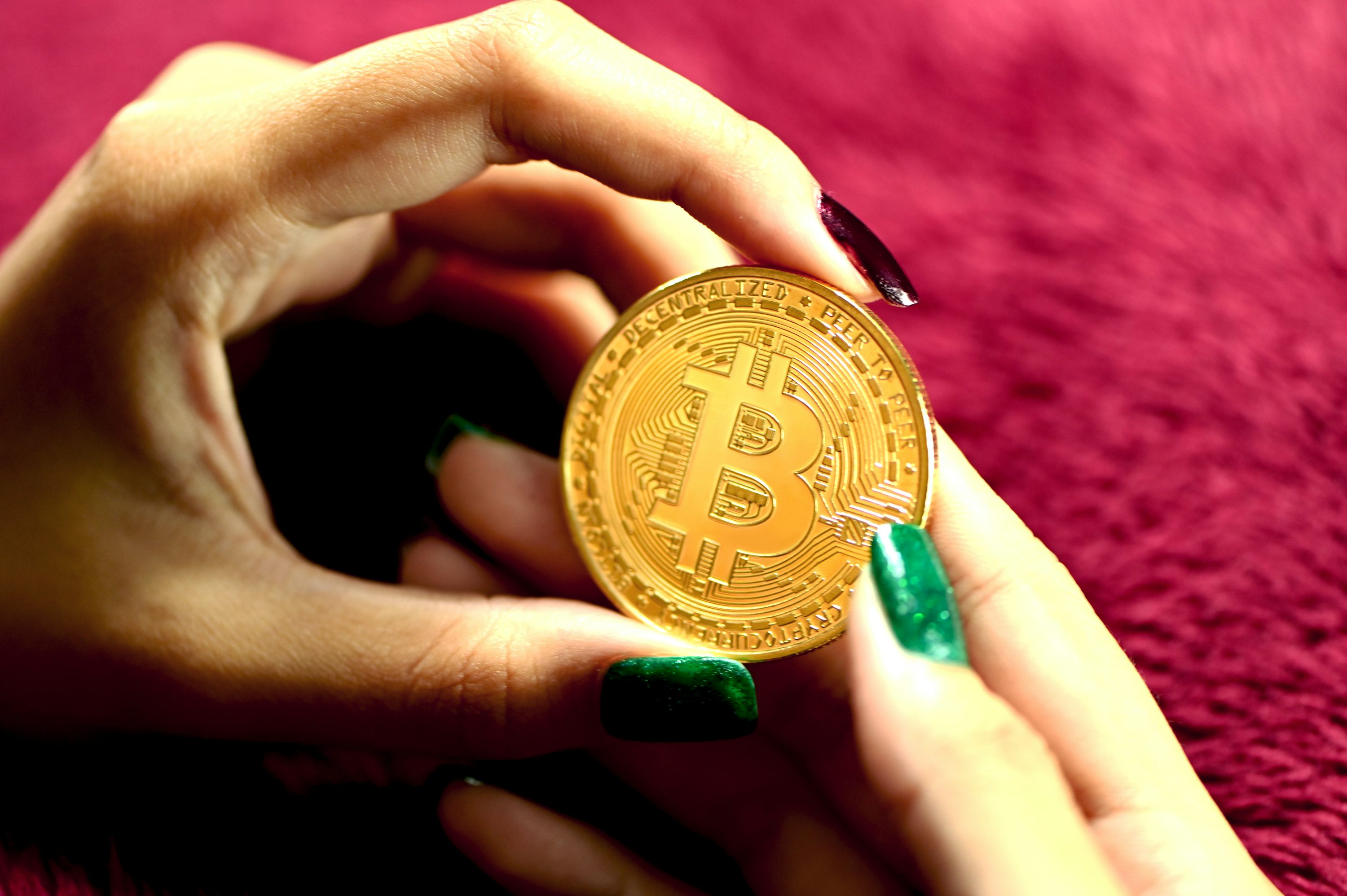South Korea is set to implement groundbreaking legislation that will significantly impact the cryptocurrency space in the near future. A recent development reported by The Korea Times reveals that new laws focusing on the protection of virtual asset users are scheduled to come into effect on July 19th.
Under the upcoming regulations, cryptocurrency exchanges will be required to establish internal assessment units to verify the legitimacy and reliability of the digital coins they have listed for trading. This move aims to enhance transparency and security within the industry.
With over 600 different crypto assets currently being traded in the country, the authorities are gearing up to collaborate closely with exchanges to ensure compliance with the new rules. According to a statement from a South Korean financial regulator, periodic evaluations of listed coins will be conducted to determine their suitability for trading.
Besides the forthcoming law on asset protection, regulators are working on formulating guidelines for crypto transactions. The goal is to finalize and implement these guidelines by July, signifying a comprehensive approach to overseeing digital assets.
To bolster regulatory oversight, the Financial Services Commission (FSC) in South Korea is reportedly establishing a specialized bureau dedicated solely to monitoring activities related to digital assets. This proactive step underscores the country’s commitment to fostering a secure and well-regulated crypto market.
Additional Relevant Facts:
– South Korea has been one of the leading countries in terms of cryptocurrency trading volume and adoption.
– The crypto market in South Korea is known for its high levels of activity and interest from retail investors.
– The government in South Korea has been actively involved in regulating the cryptocurrency space to protect investors and prevent illegal activities.
Key Questions:
1. How will the new regulations impact the cryptocurrency market in South Korea?
2. What challenges might cryptocurrency exchanges face in complying with the new laws?
3. How will the establishment of a specialized bureau for monitoring digital assets enhance regulatory oversight?
Key Challenges or Controversies:
– Cryptocurrency exchanges may struggle with the costs and resources required to establish internal assessment units and comply with the new regulations.
– There could be concerns among industry players about the potential impact of the regulations on innovation and growth in the crypto space.
– Balancing the need for regulation with ensuring a supportive environment for cryptocurrency businesses could be a point of contention.
Advantages:
– The new regulations are aimed at enhancing transparency and security within the cryptocurrency industry, which could improve investor confidence.
– Clear guidelines on crypto transactions can help reduce the risk of fraud and illegal activities in the digital asset market.
Disadvantages:
– The stringent regulations may create barriers for new entrants in the cryptocurrency space, limiting competition and innovation.
– Compliance costs for cryptocurrency exchanges may increase, potentially leading to higher trading fees for users.
Suggested Related Links:
– The Korea Times
Credit: Source link















































